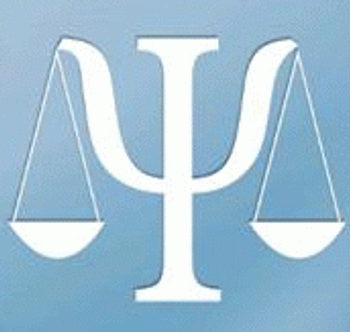
What is the estimated prevalence of psychiatric disorders in ambulatory patients with cancer? Find out in this quiz.

What is the estimated prevalence of psychiatric disorders in ambulatory patients with cancer? Find out in this quiz.
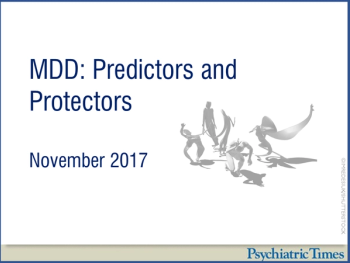
Researchers investigate links between depression and exercise, childhood sexual abuse, and diet.
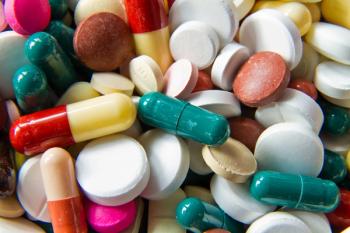
Recommendations from an international panel of experts on the management of MDD.
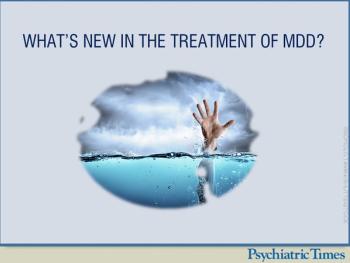
The latest news in the treatment of depression covers patient self-management apps, antidepressant efficacy in older adults, and strategies to improve adherence.
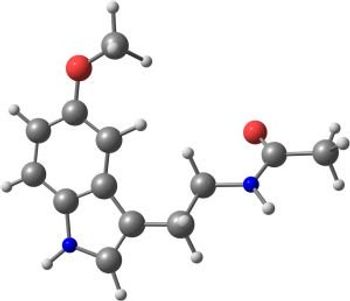
Here: an alternative to the trial-and-error method that can boost treatment response rates.
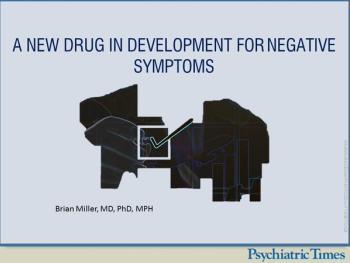
Is an effective, well-tolerated treatment for the negative symptoms of schizophrenia on the horizon?
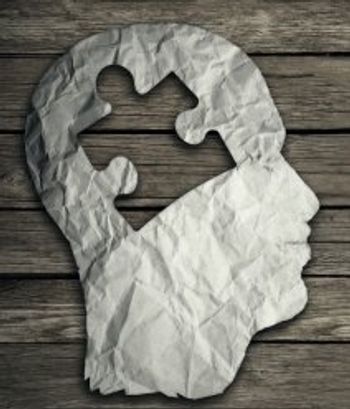
Grief vs depression? MDD vs depressive episodes? SGAs in treatment-resistant depression? Treatment-emergent sexual dysfunction? Insights in this Q&A.

When is the most favorable time for light therapy for seasonal affective disorder? Take the quiz to learn more.
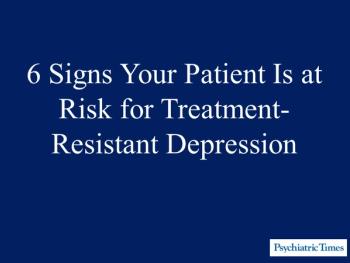
What factors predispose patients to TRD and what treatment strategies achieve response? Find out here, with a bonus case vignette.

5 key questions to ask as part of a comprehensive differential assessment of fatigue and depression.
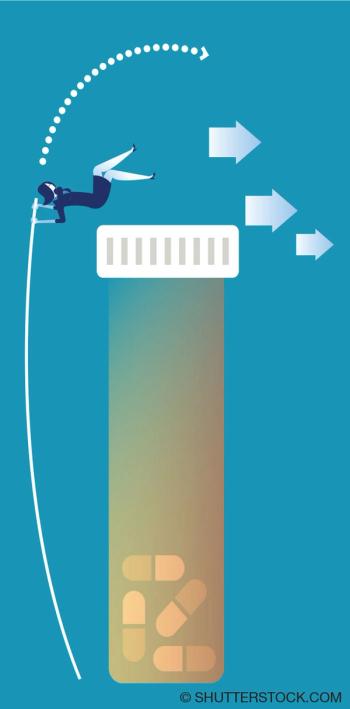
This article explores how motivational pharmacotherapy and motivational enhancement therapy can galvanize depressed patients to get well.

In psychiatry, things happen slowly-but if you’re not in a hurry yourself, the patient opens a window and shows you the world.

Micronutrient deficiencies can bring about a range of mental health complications. Take the quiz and learn more.
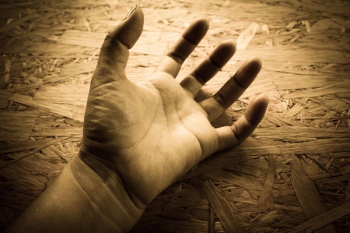
Here: a plethora of treatment options, including mood-lifting stabilizers, non-antidepressants, psychotherapy, and lifestyle interventions.

This treatment is so implausible that scientists first used it as a placebo-before discovering it actually worked.
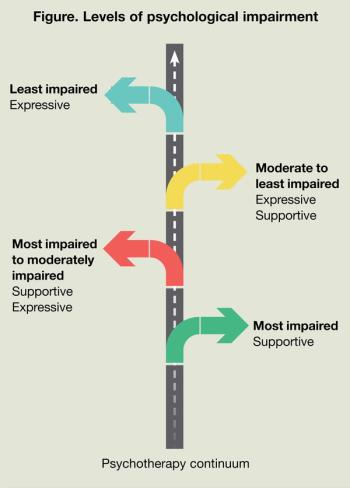
Supportive psychotherapy can serve as the first bridge out of social isolation and marginalization and addresses personality issues, such as deficits in character structure and defense mechanisms.

Your patient is excited to be pregnant. She is currently on sertraline, and has been stable on this for many years. She is very insistent that she would like to stop her medication. What should you do?
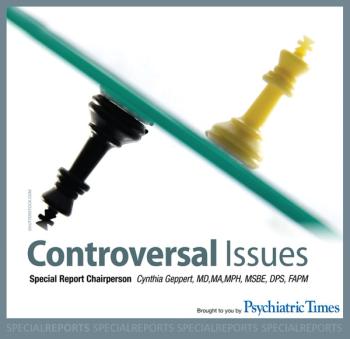
Strong evidence supports sound arguments on each side of 3 debates covered here-so get in there and fight nice.
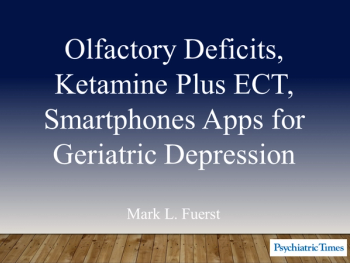
The latest news in geriatric psychiatry covers olfactory deficits in cognitively impaired patients, a smartphone app for older adults with serious mental illness, and adjunctive ketamine for late-life depression.
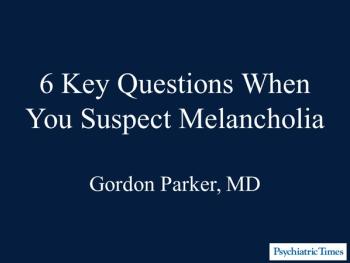
Most depressed people acknowledge impaired concentration and other related symptoms-but skilled clinicians can distinguish between non-melancholic depression and melancholia. How? They ask the right questions.
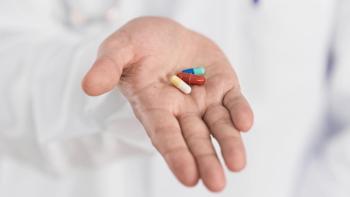
What is the possibility that the very illness we’re trying to improve is getting worse-with treatment?
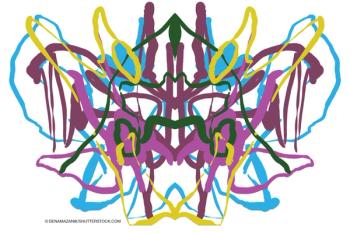
The authors shed light on a disorder that is difficult to diagnose and manage, and offer insights on how to develop an appropriate treatment plan.

Psychiatrists need to understand the patient’s cancer diagnosis, staging, treatments and their adverse effects, and prognosis to appreciate the challenges the patient is coping with throughout treatment as well as survivorship or end-of-life.

From a psychodynamic and neurobiological perspective, the recommendation to screen all pregnant and postpartum women for depression and anxiety falls short of what is actually needed to improve the lives of many mothers and their infants and children.

The therapist "goes underwater" with the patient to find what lies in her mind.